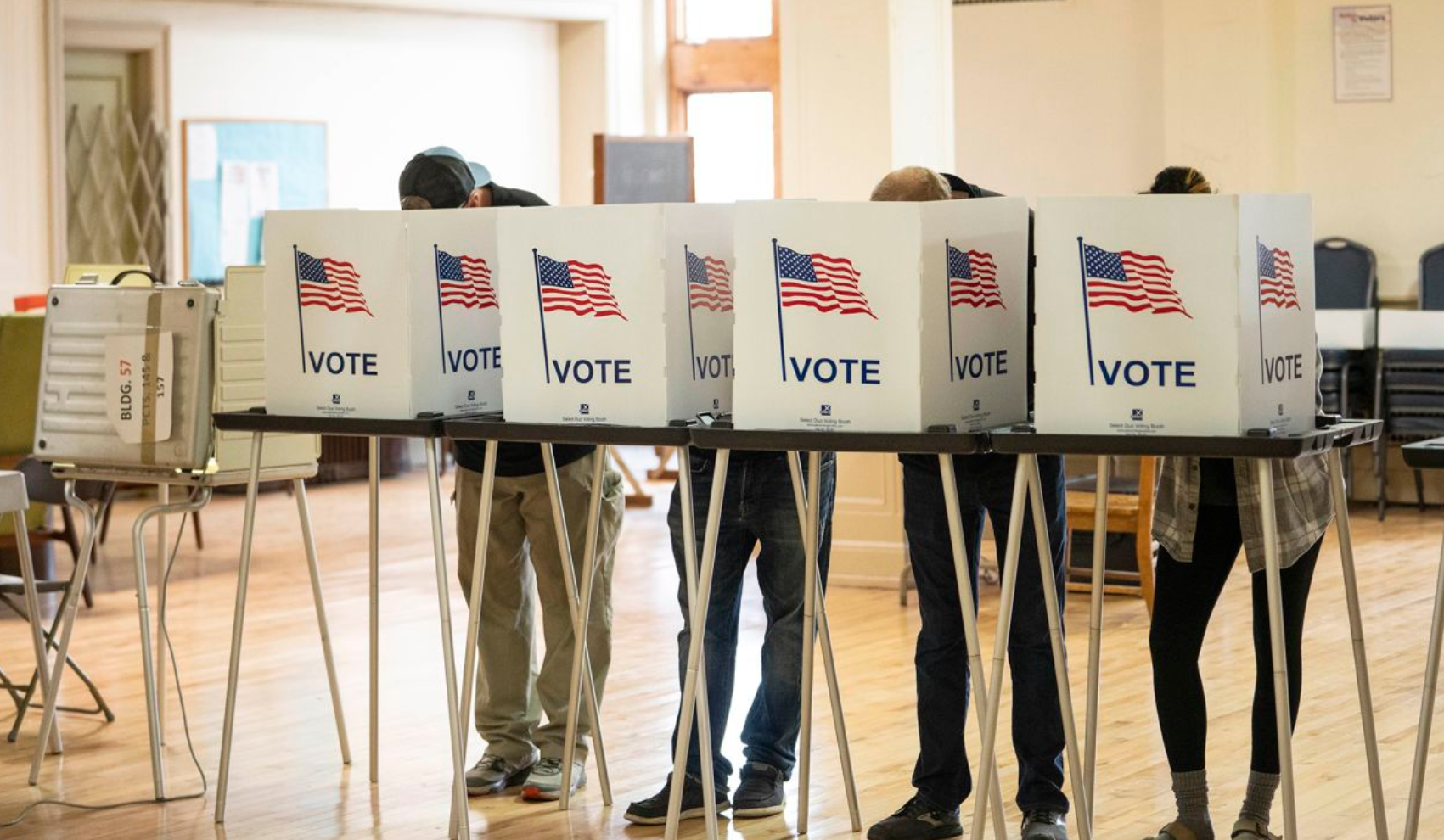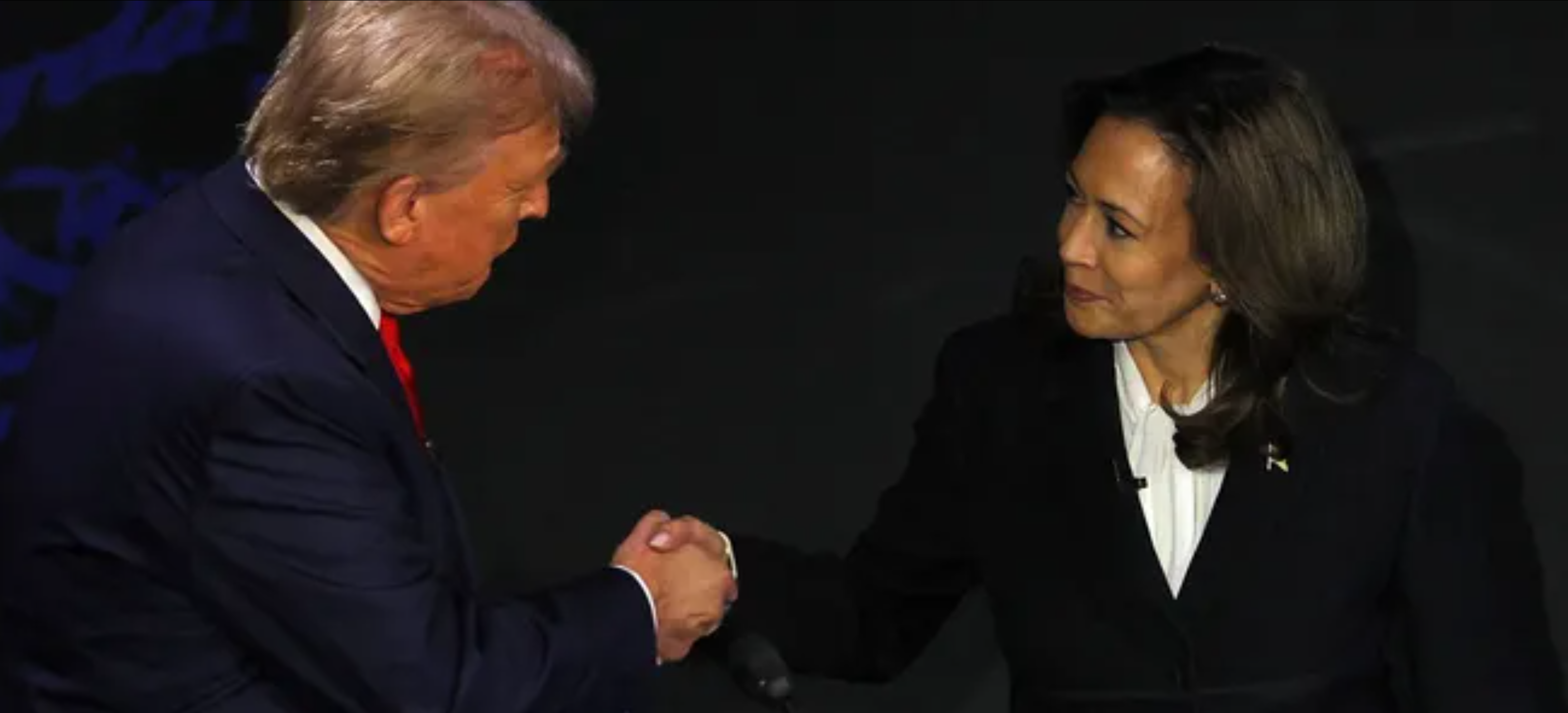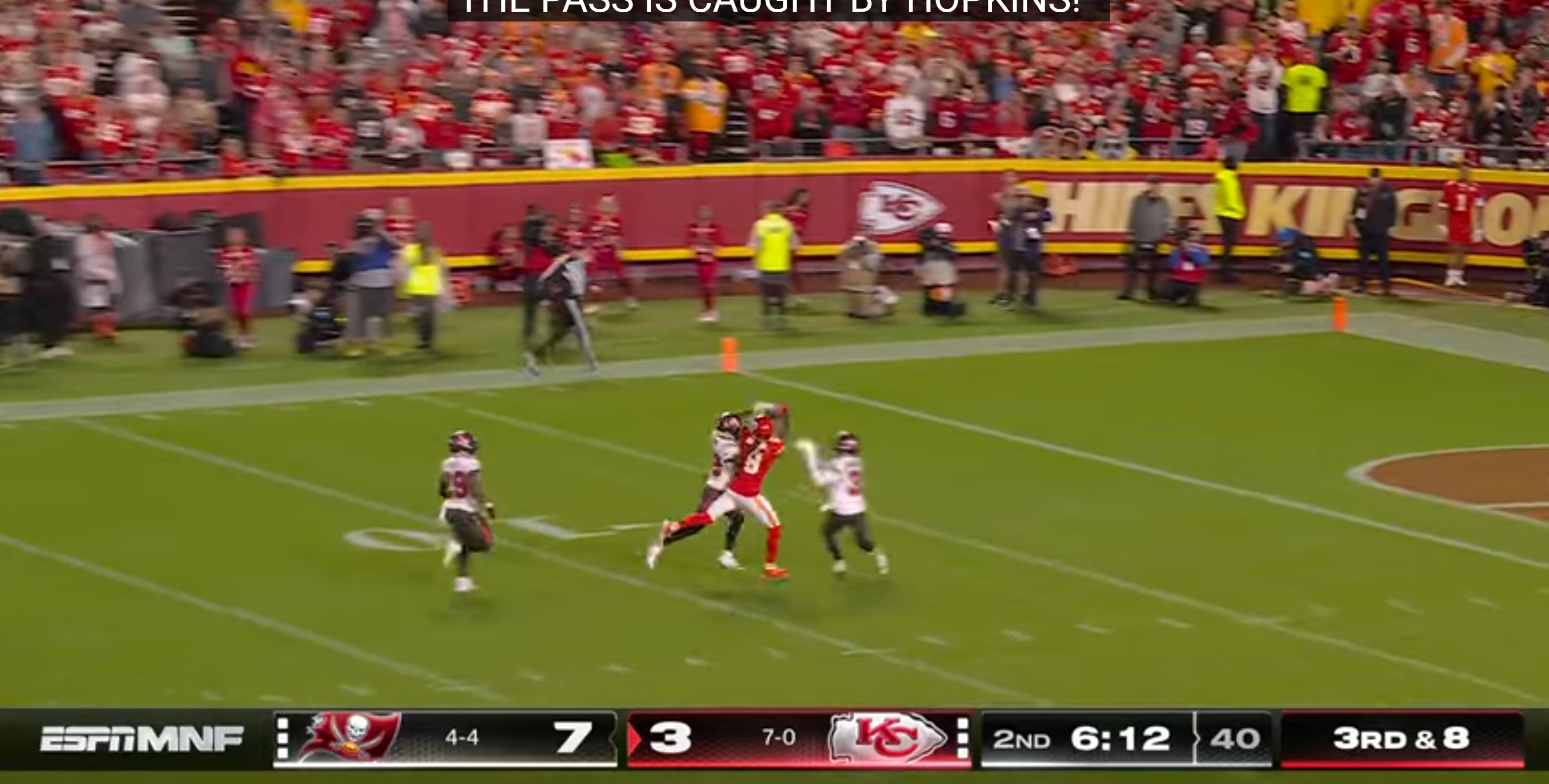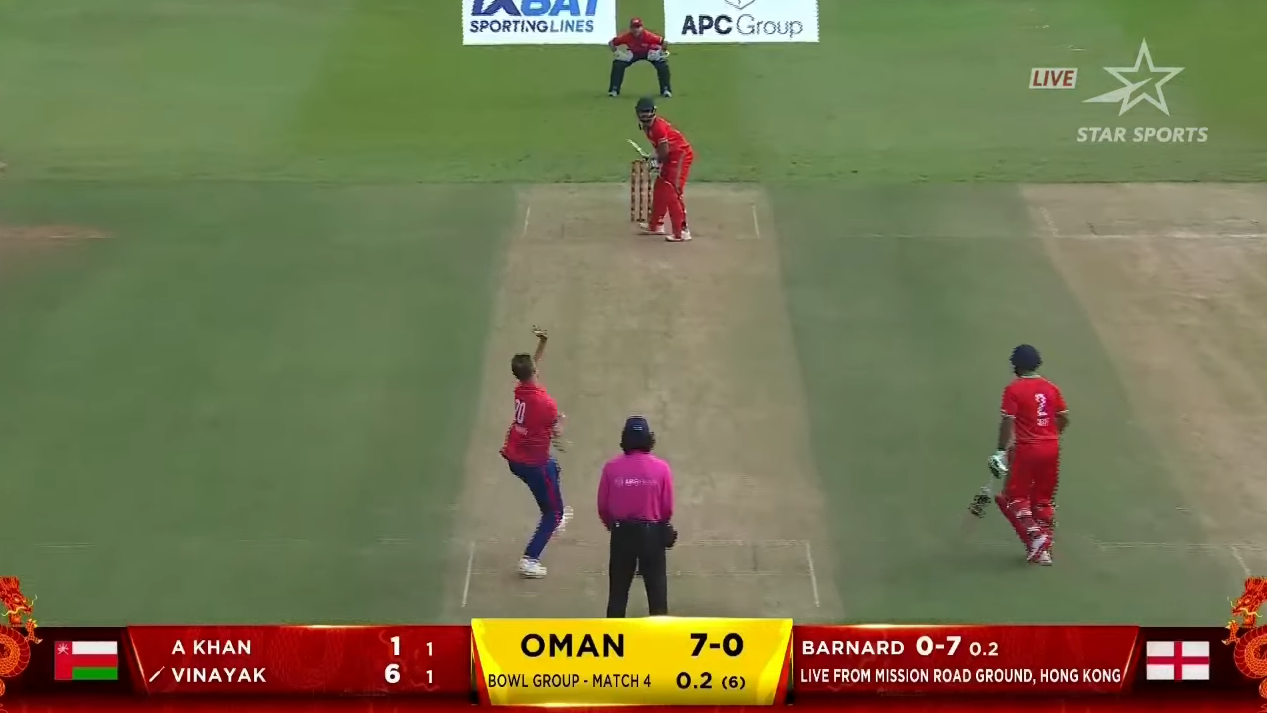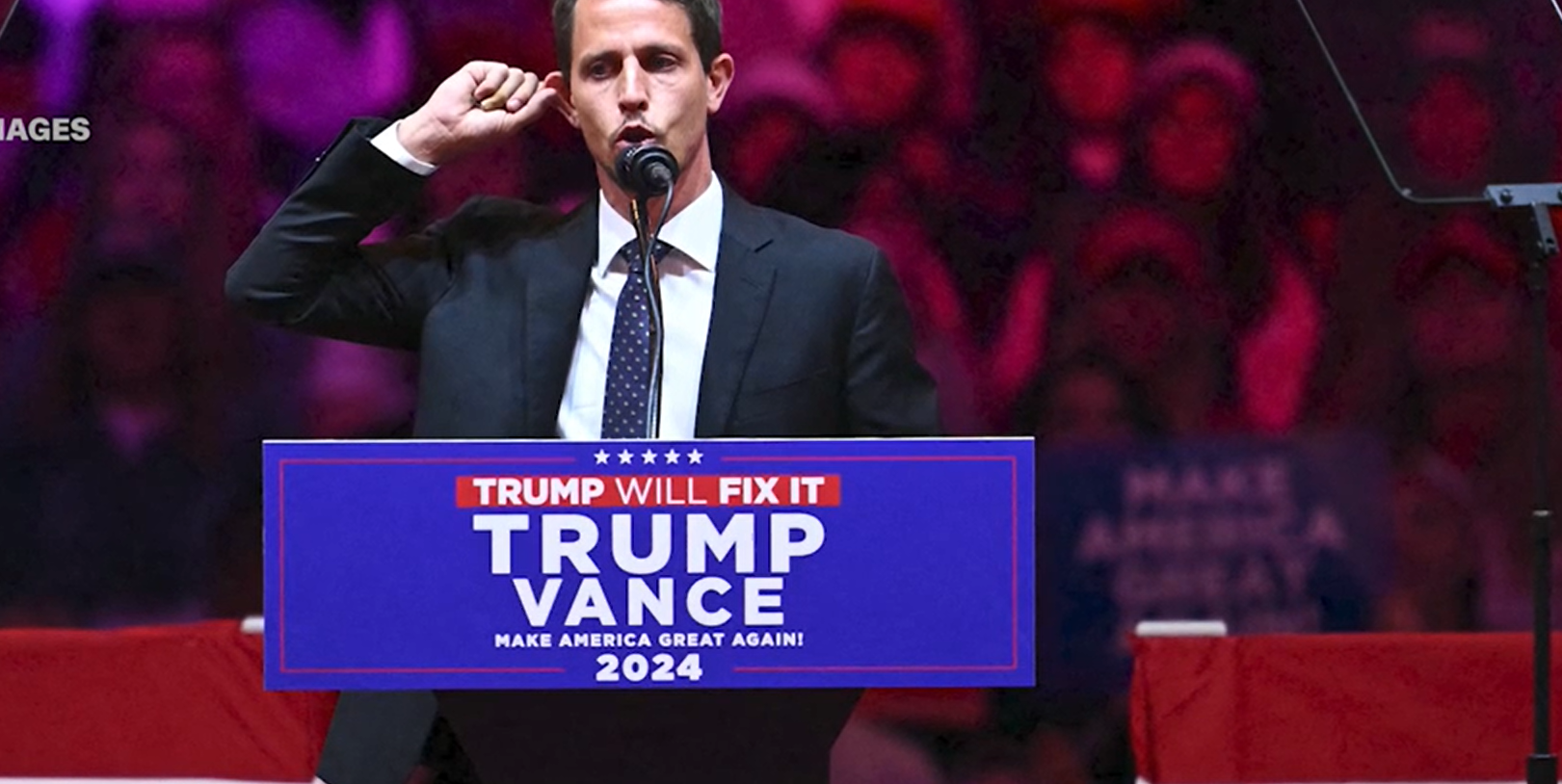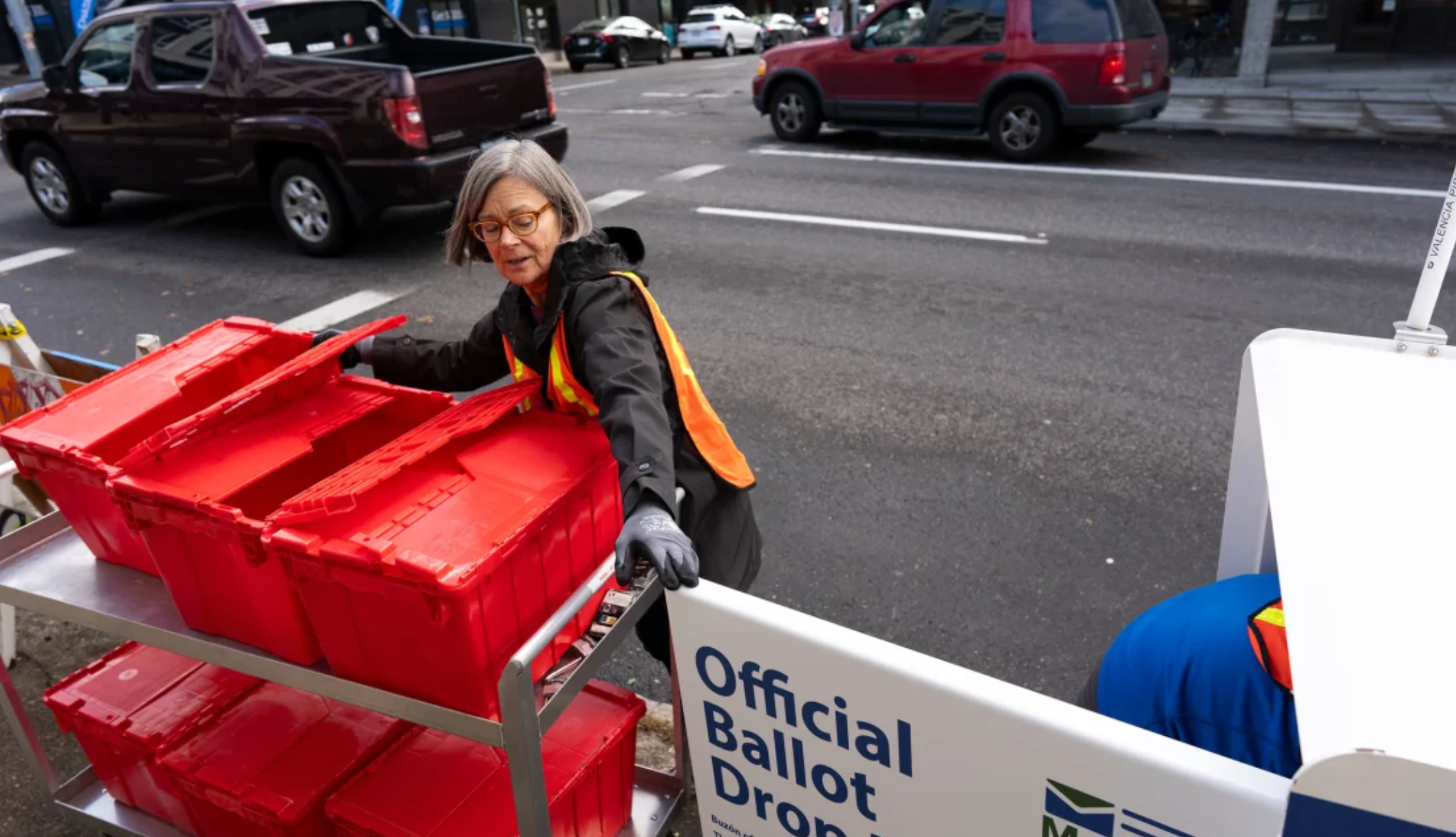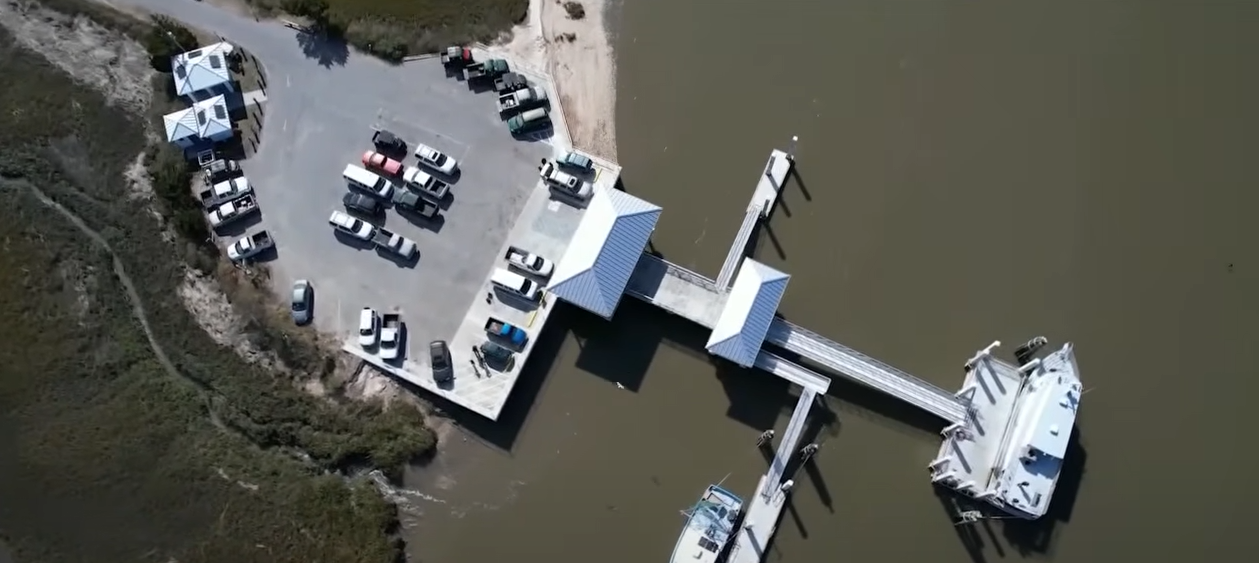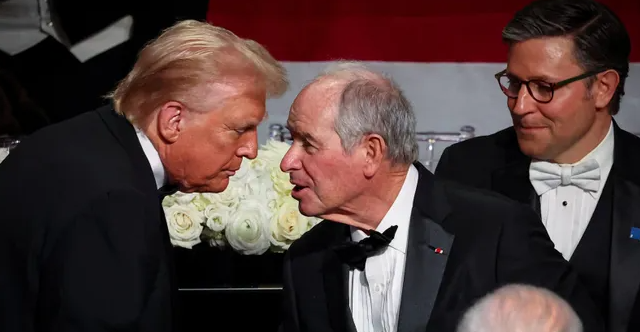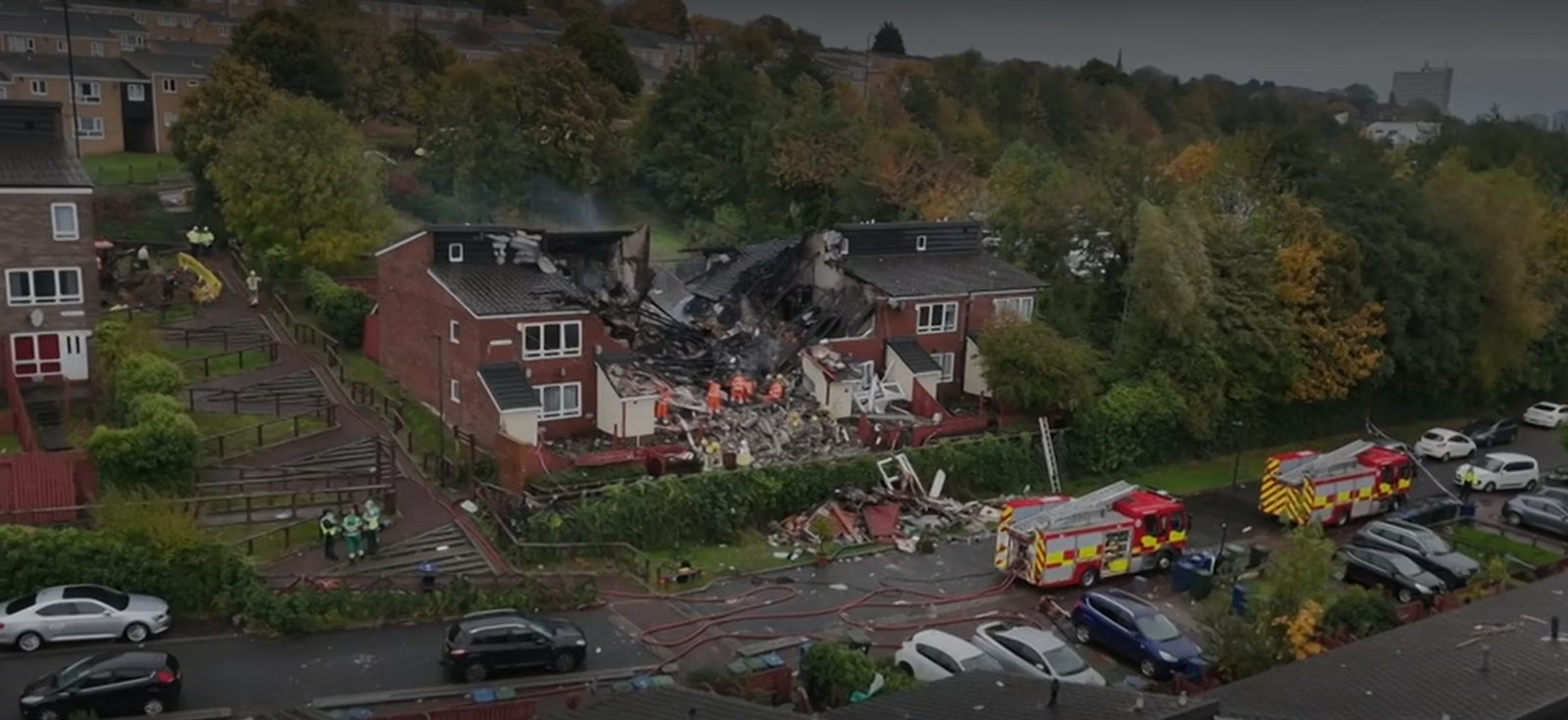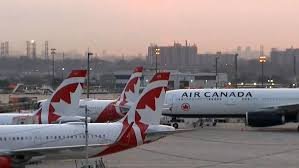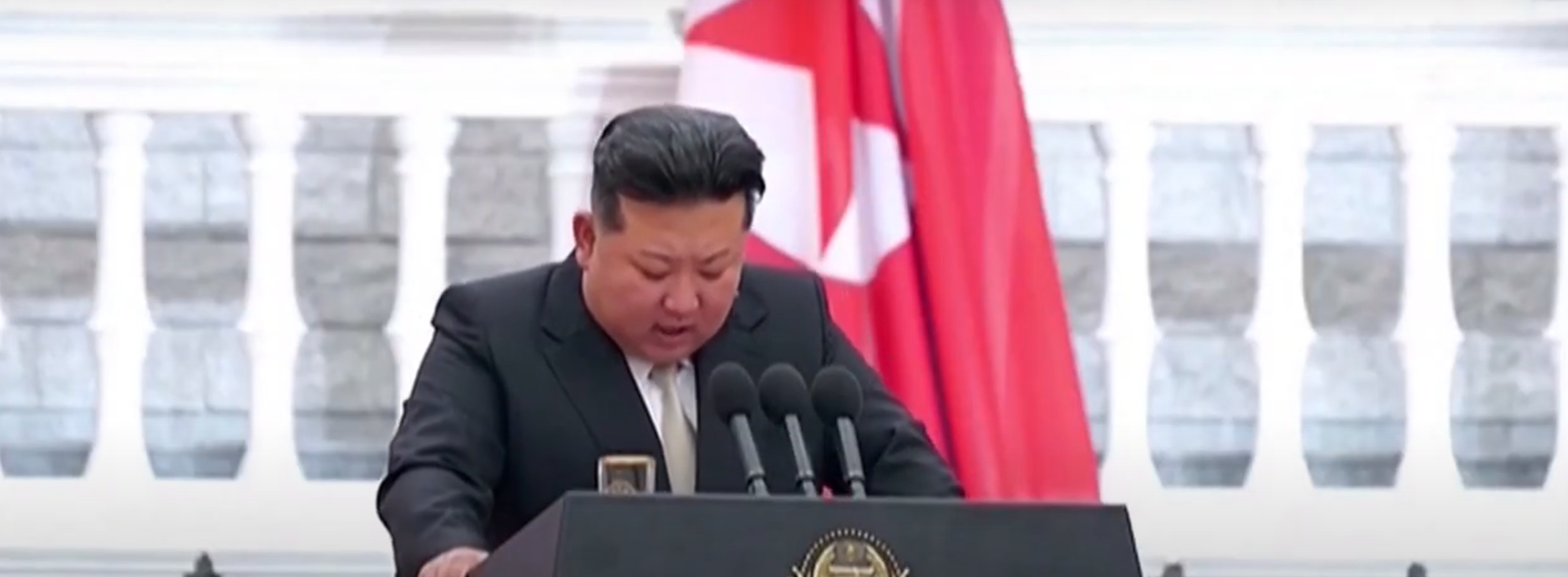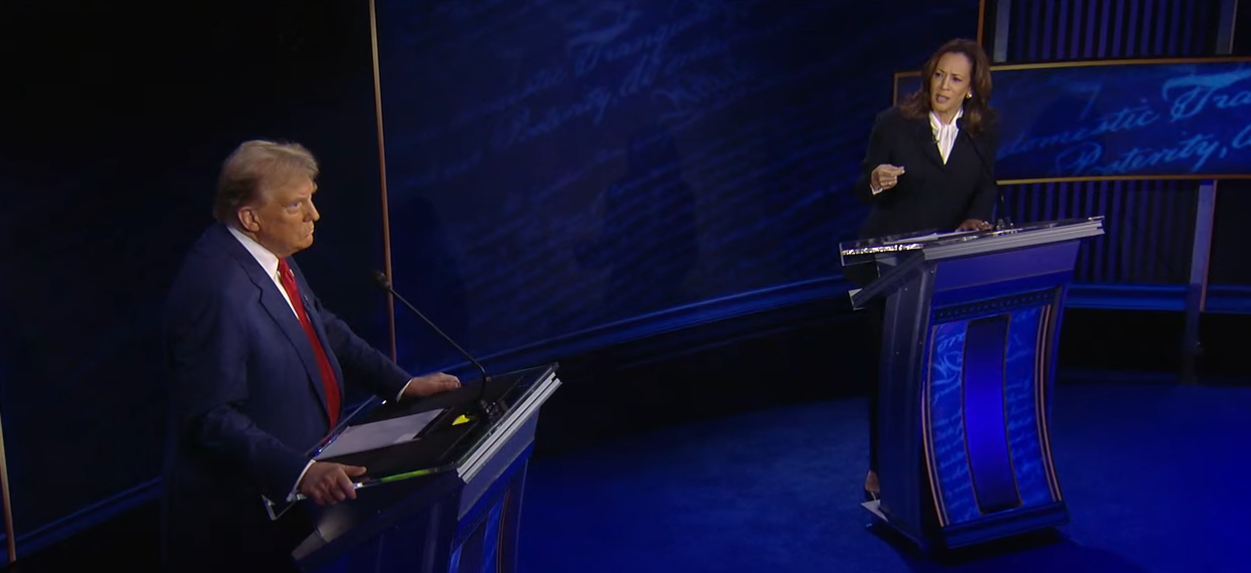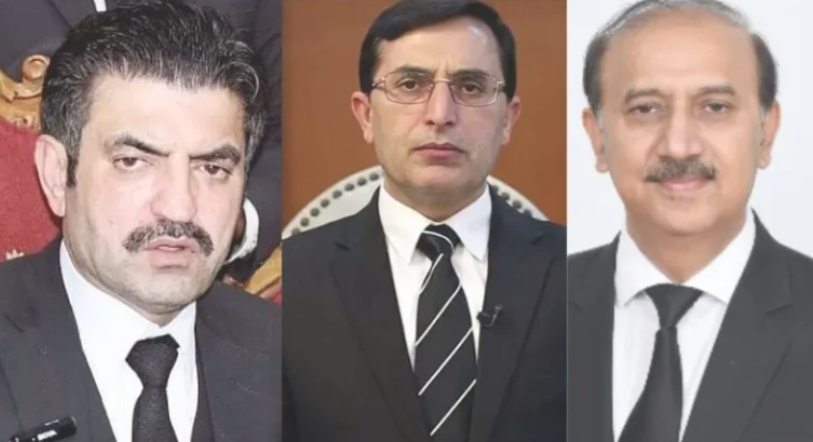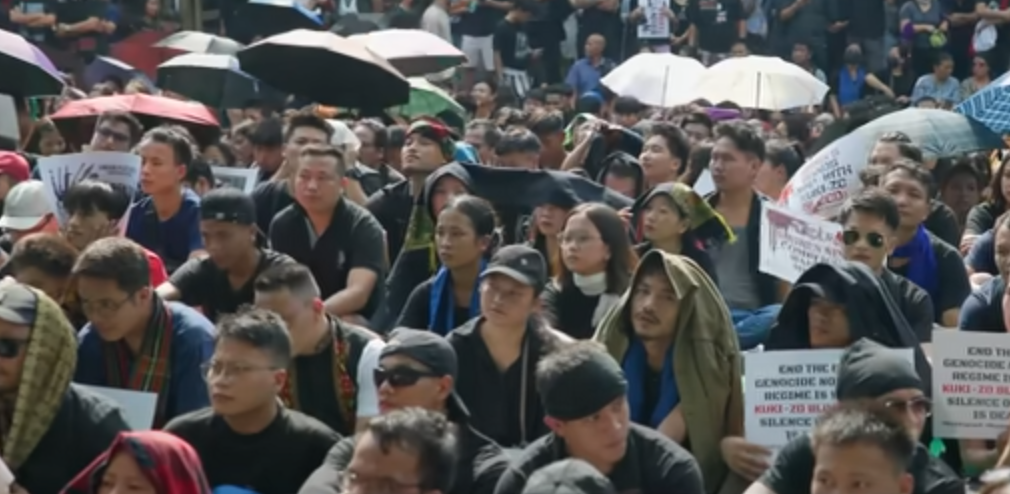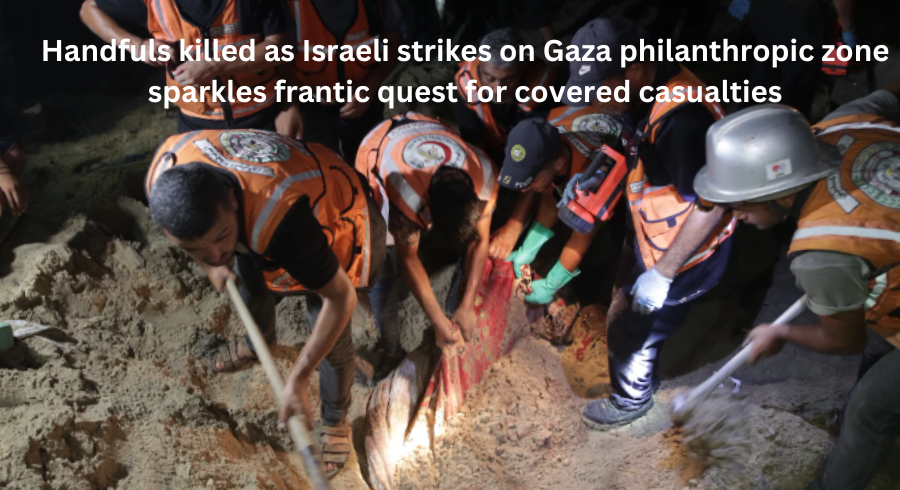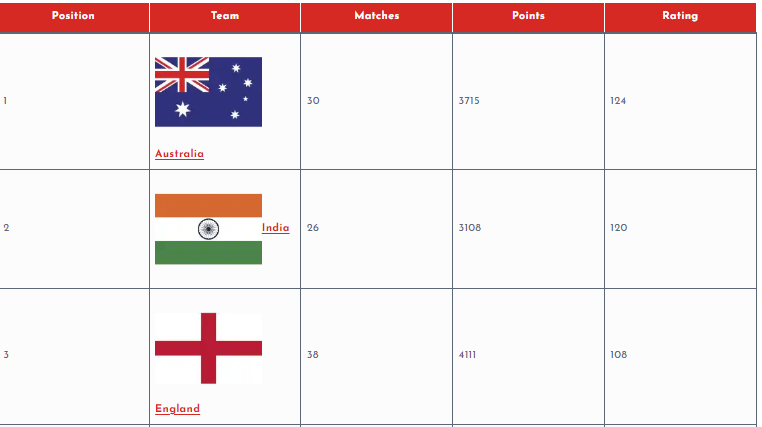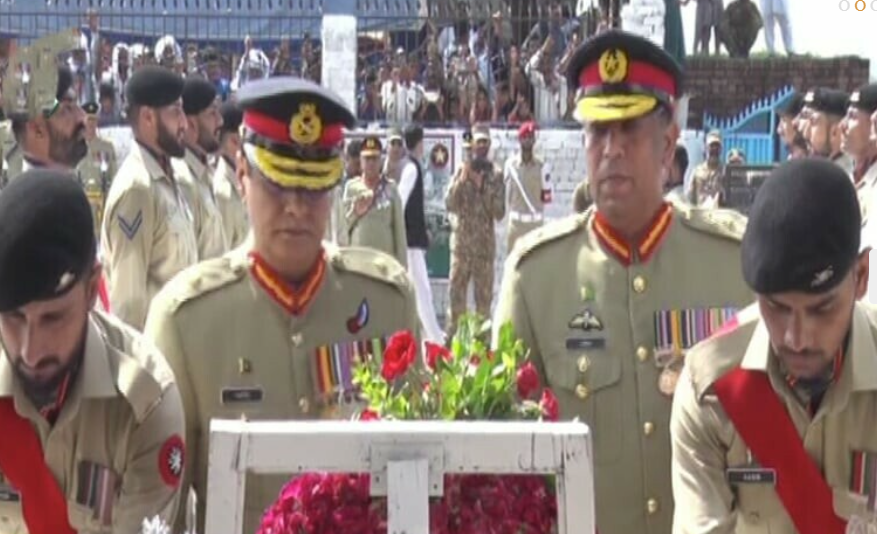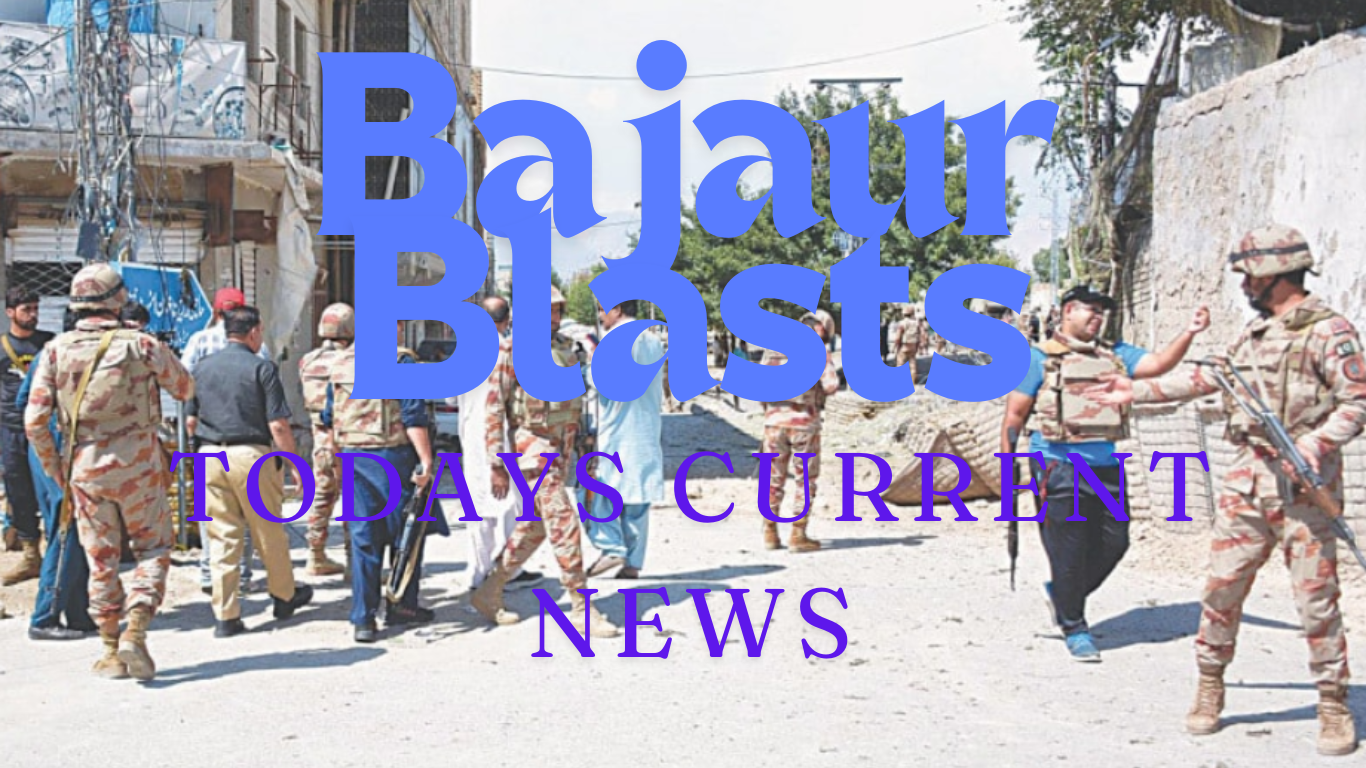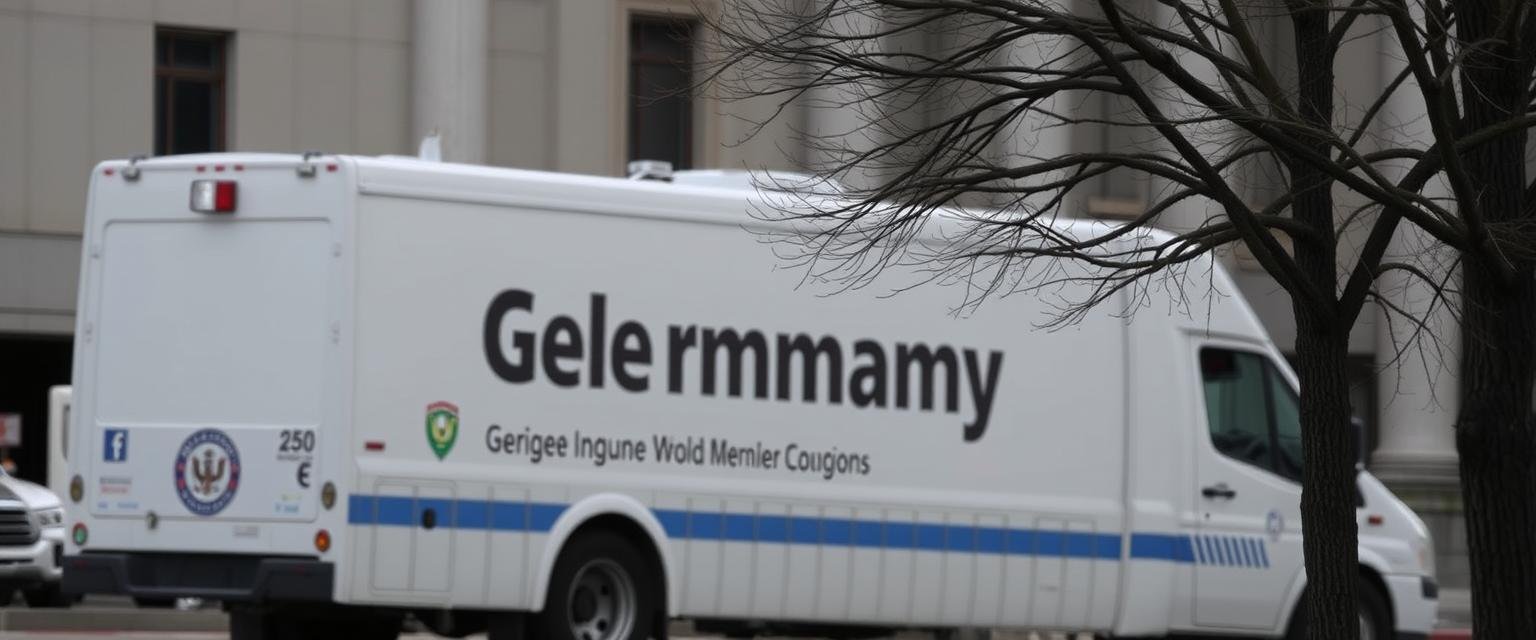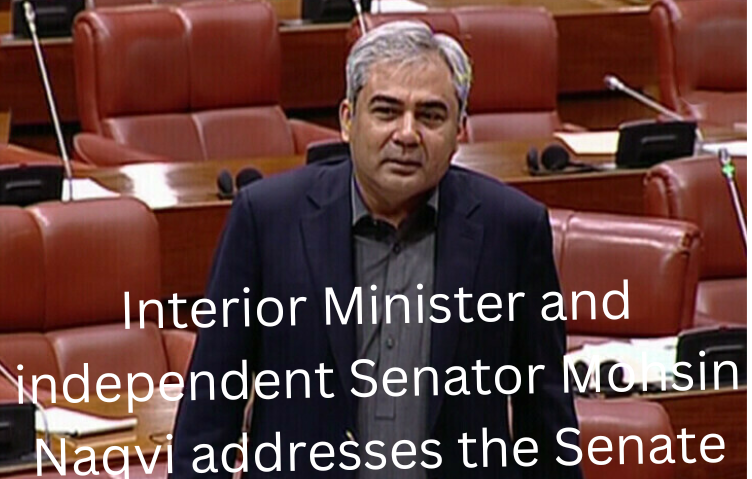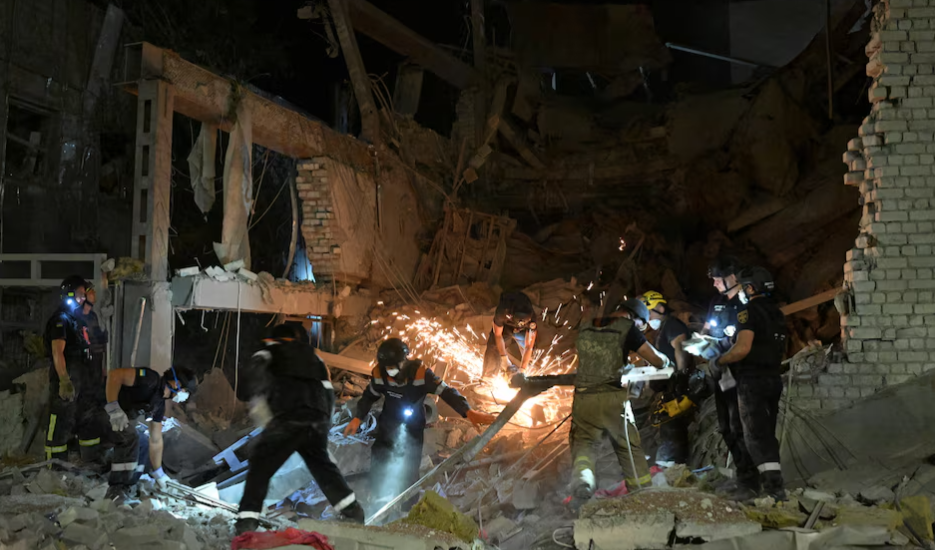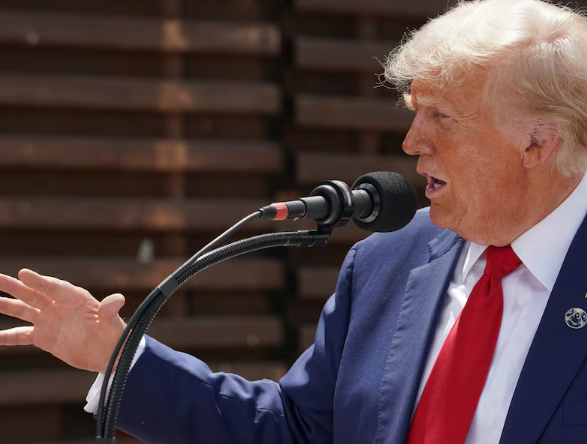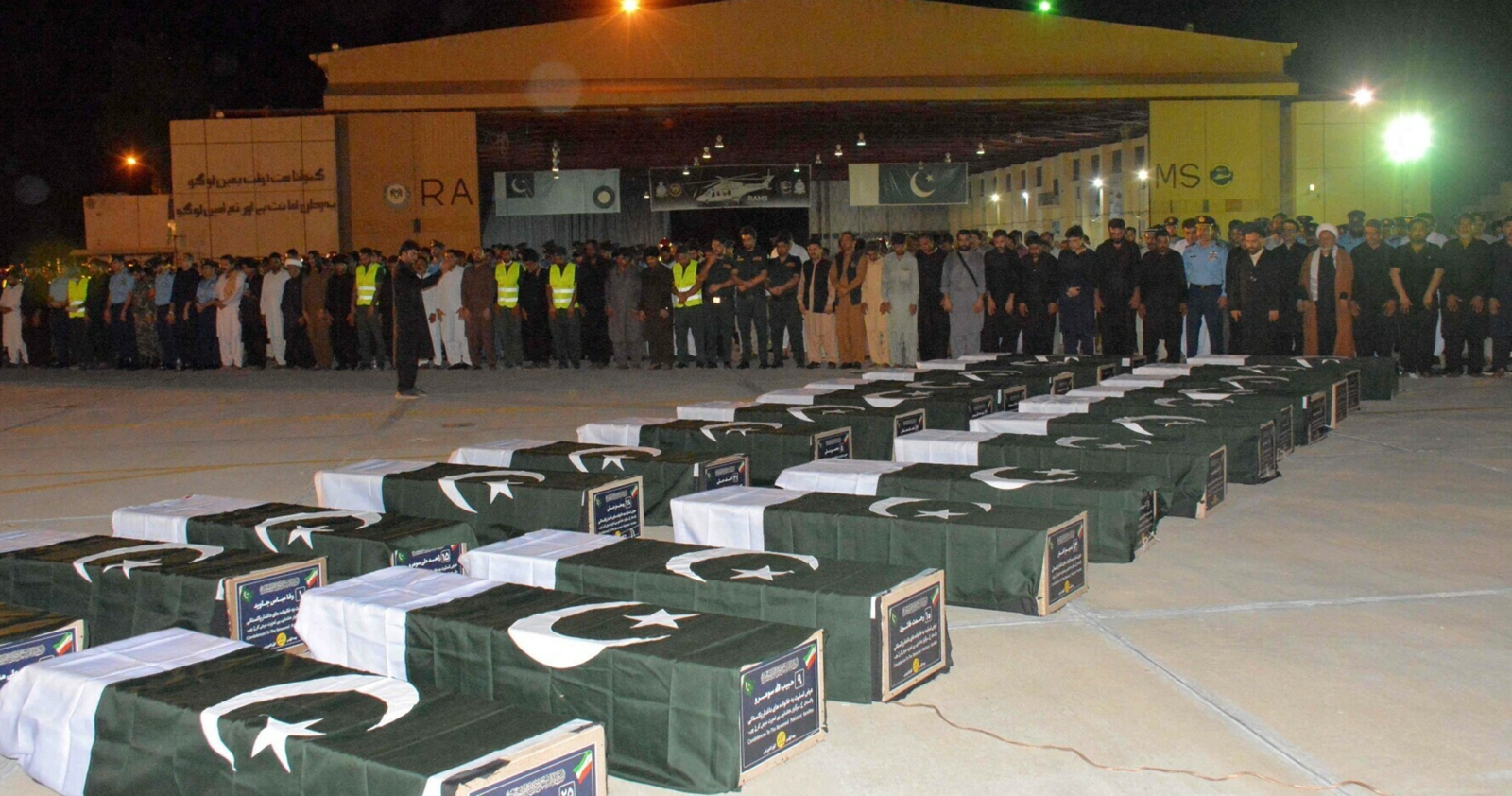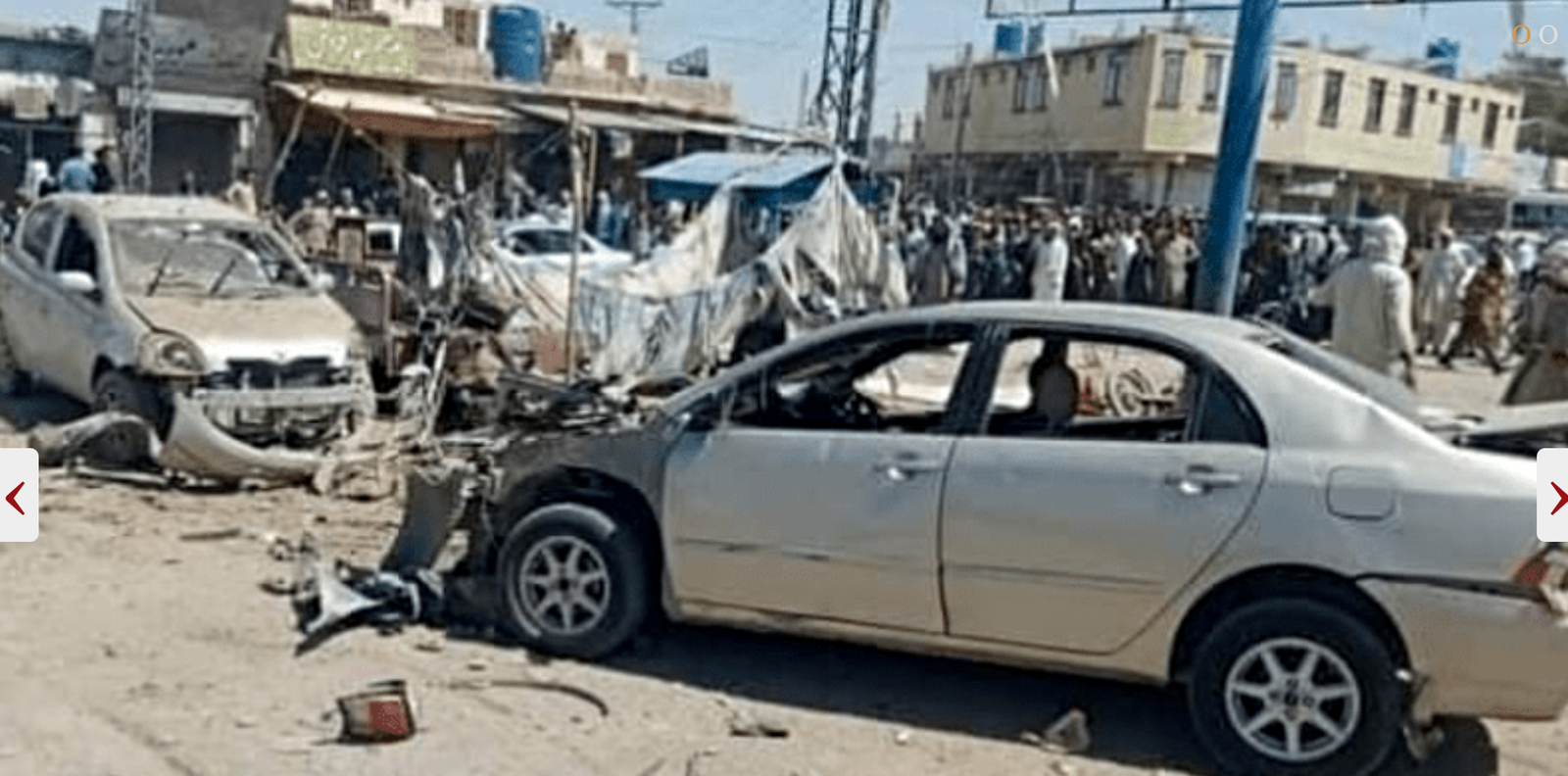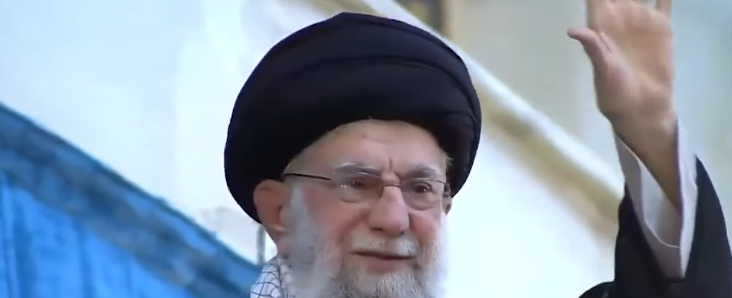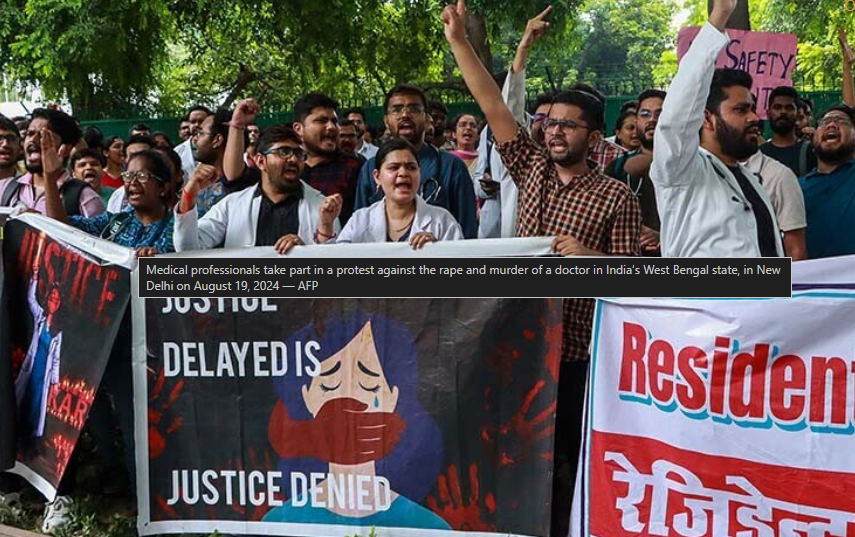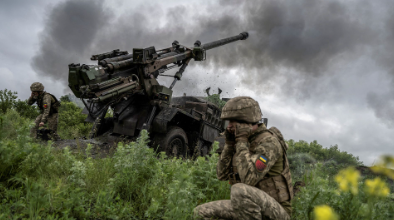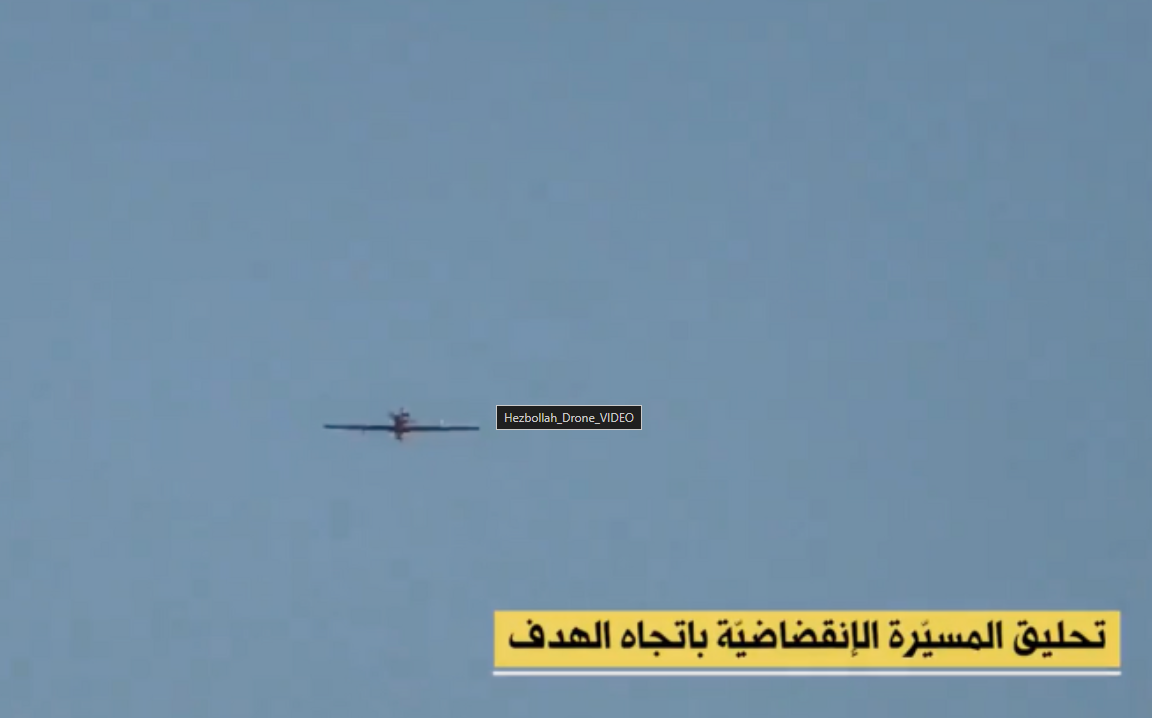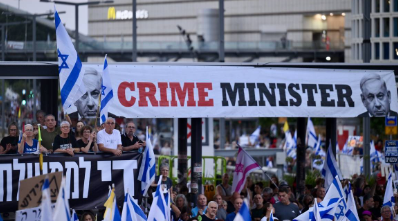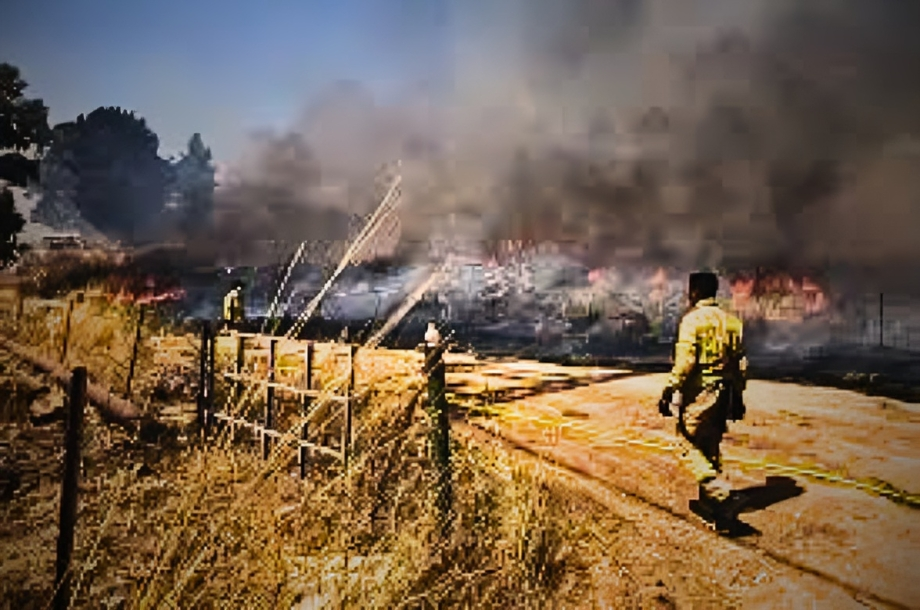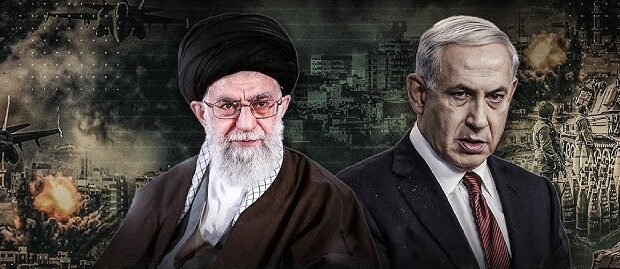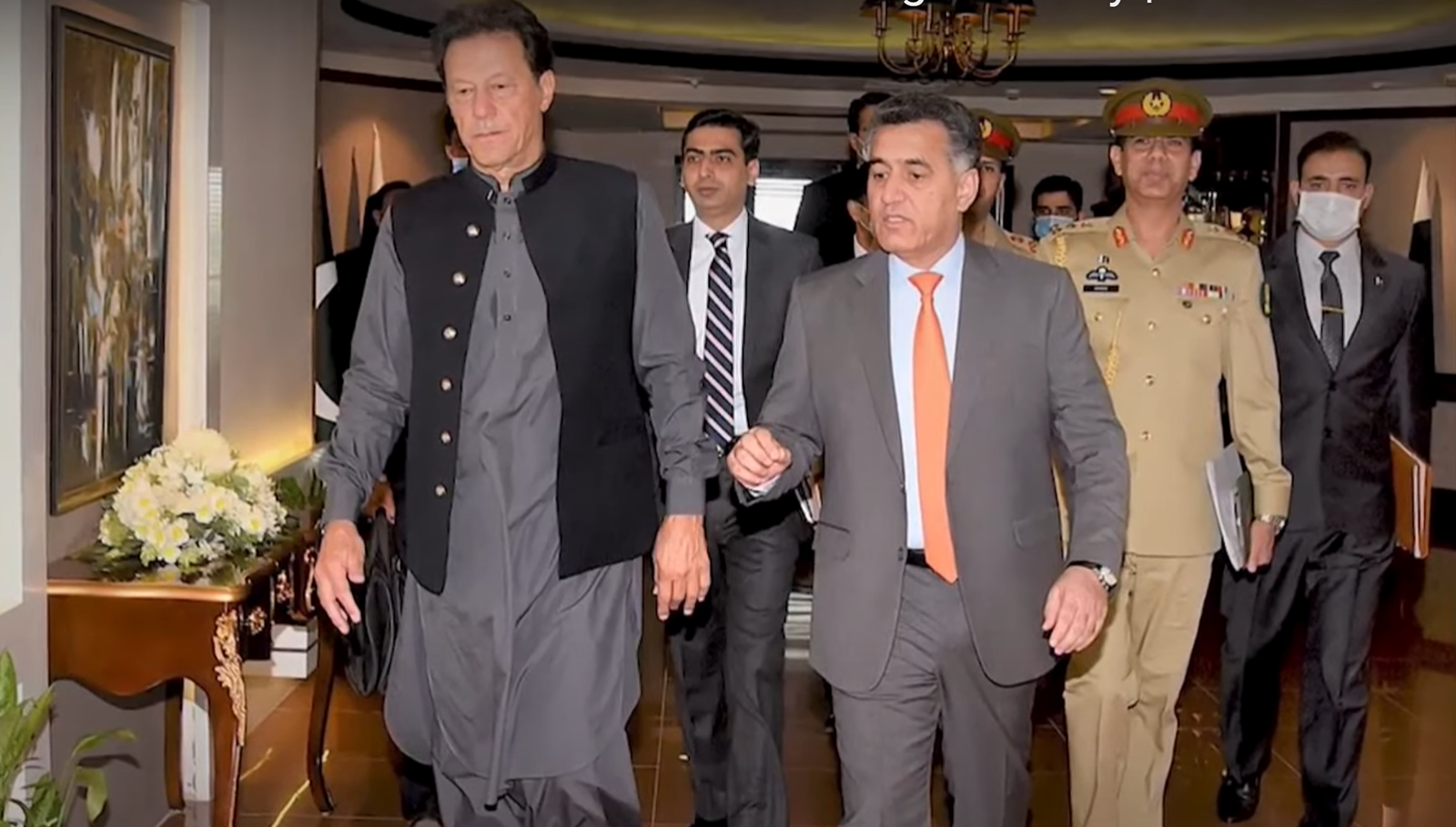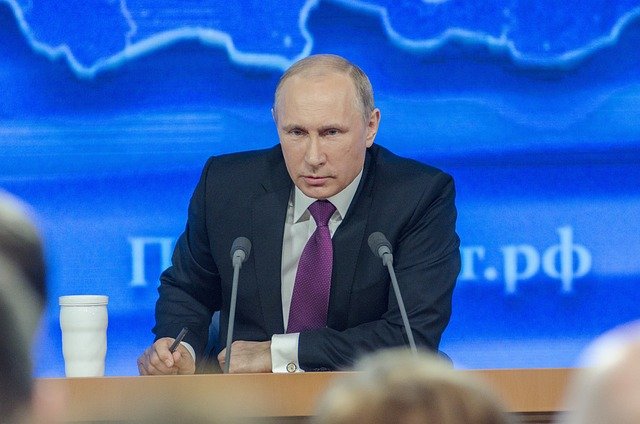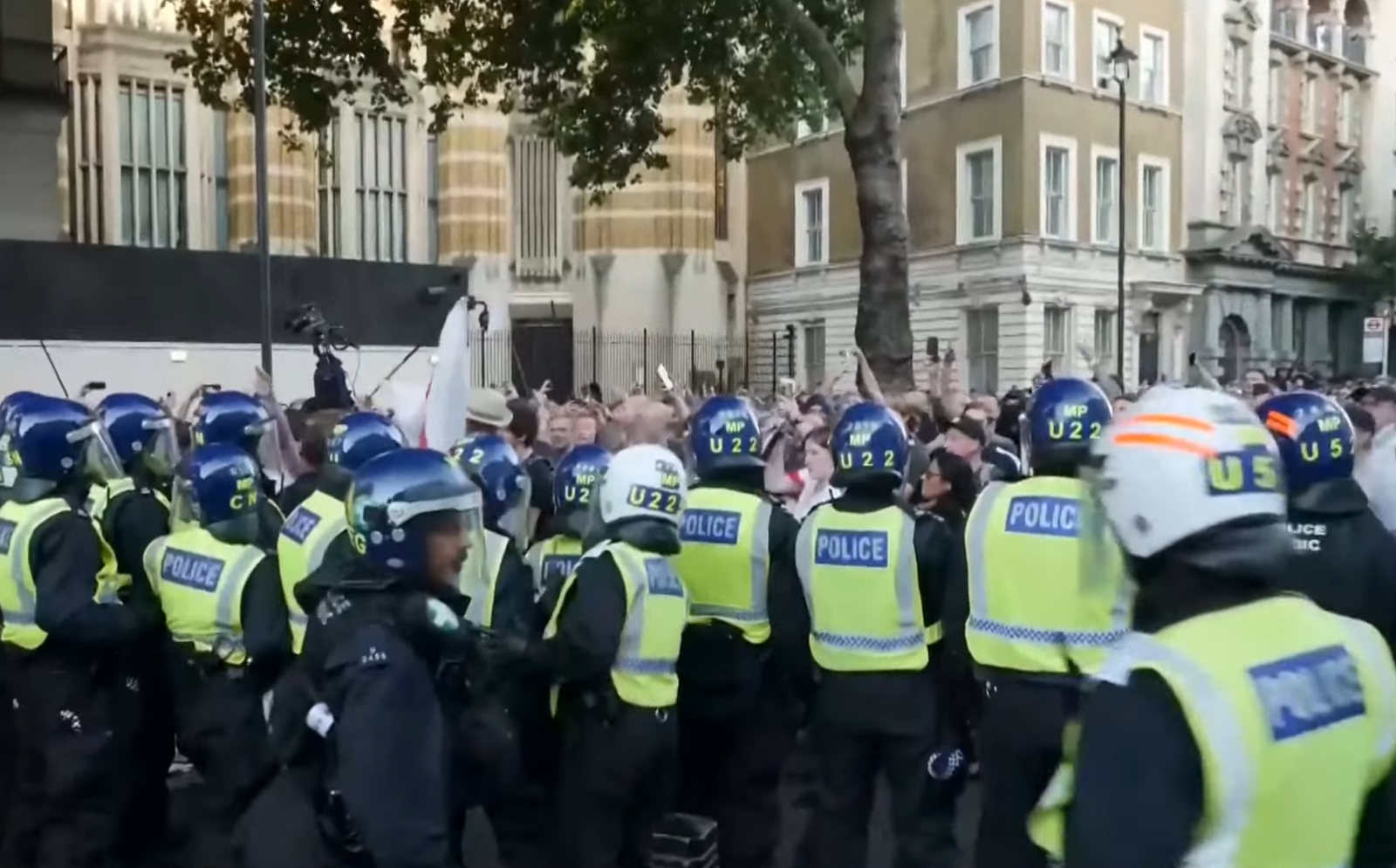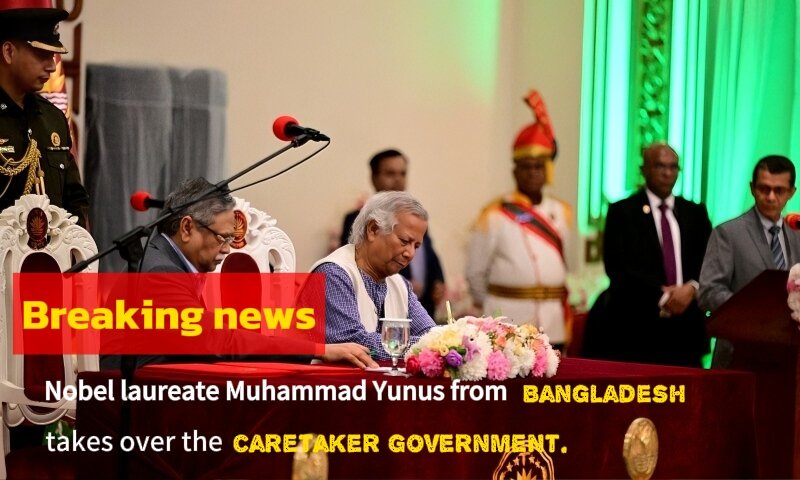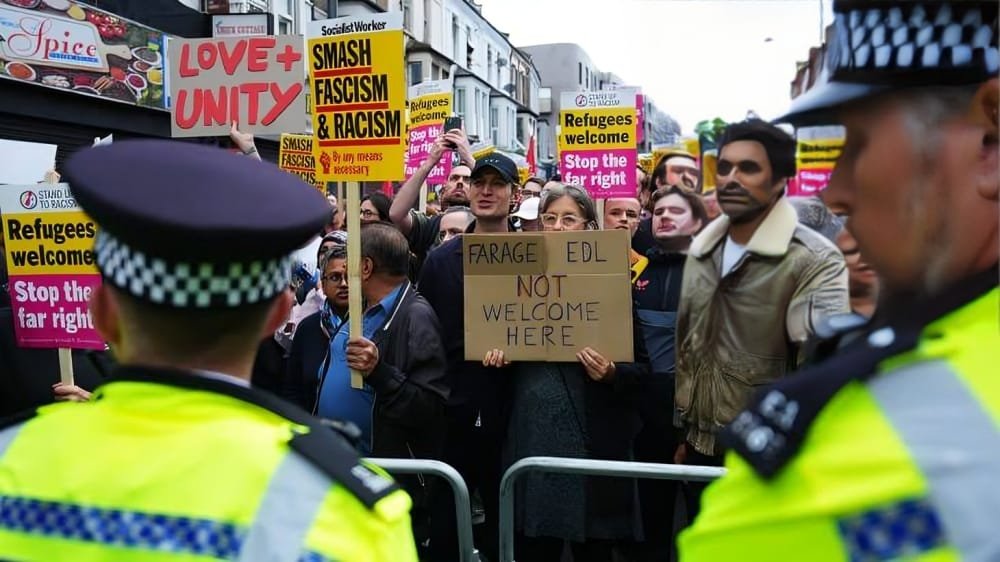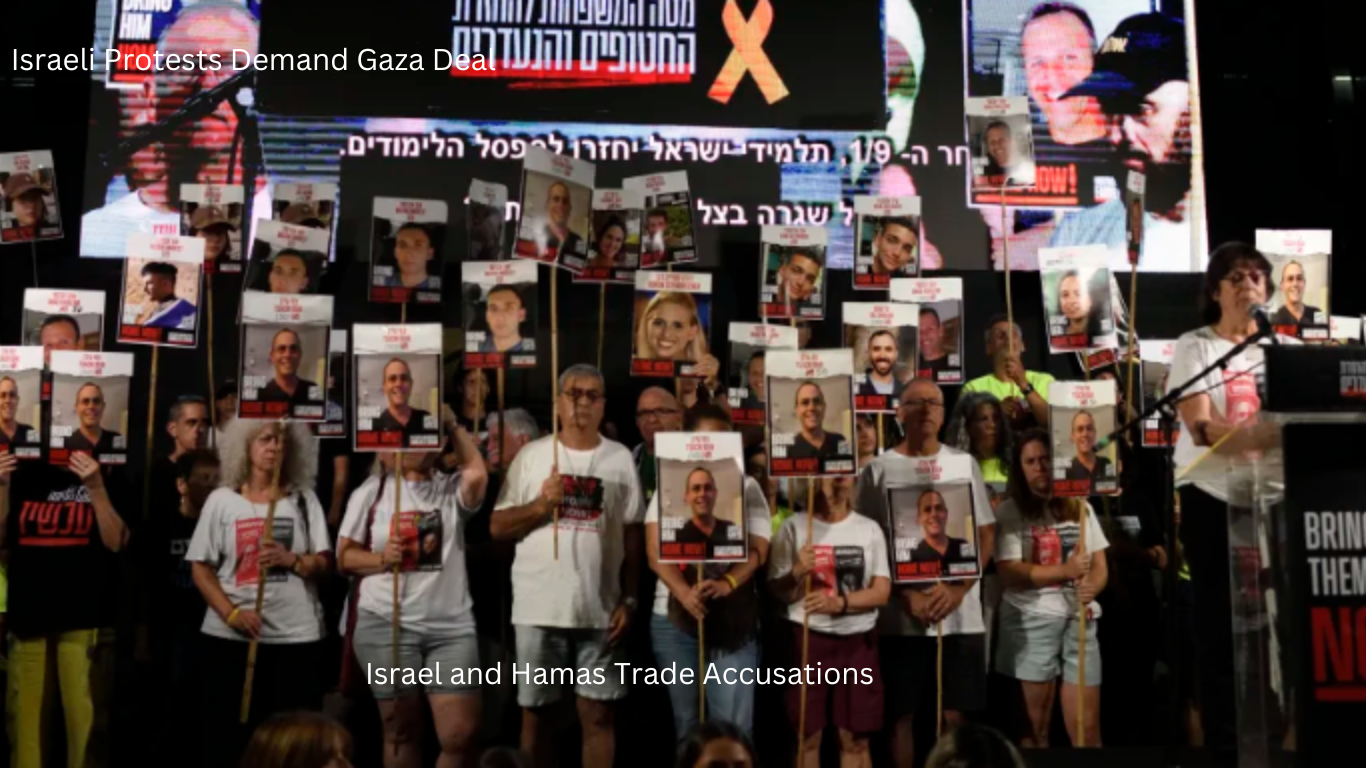
Hamas Blames Netanyahu for Hostage Deaths
Senior Hamas official Khalil Al-Hayya has directly blamed Israeli Prime Minister Benjamin Netanyahu for the deaths of six Israeli hostages held by the group. In an interview with Al Jazeera, Al-Hayya claimed that these hostages, and potentially others, could have been released in a legitimate exchange deal while they were still alive. Instead, he accused Netanyahu and his “extremist government” of causing their deaths.
According to Al-Hayya, the hostages were killed by Israeli airstrikes along with those guarding and living with them. Although he did not provide concrete evidence for these claims, the statement has fueled further tensions between Israel and Hamas.
Israel and Hamas Trade Accusations
The tragic deaths of the six hostages have led to a fierce exchange of blame between Israel and Hamas. While Hamas insists that Israeli airstrikes were responsible for the deaths, Israel’s military has stated that the hostages were killed shortly before their troops could reach them. Israel’s health ministry revealed that the hostages were killed by short-range gunfire approximately 48-72 hours before their bodies were examined in autopsies.
This back-and-forth has only deepened the divide between the two sides, complicating any potential negotiations or peace efforts.
The Case of Hersh Goldberg-Polin
One of the six hostages, Hersh Goldberg-Polin, has become a symbol of the broader tragedy. His family, desperate for reassurance that their son was alive, received a video showing him speaking to his parents and addressing the Israeli government. However, shortly after this video was released, Hamas’ armed wing, Al-Qassam, reported that they had lost contact with Goldberg-Polin and his guards. Al-Hayya suggested that this was a clear indication that he was likely killed in a direct airstrike by Israeli forces.
The ambiguity surrounding Goldberg-Polin’s fate has only added to the heartbreak and frustration of his family and supporters, who continue to seek answers.
Nationwide Protests Erupt in Israel
From bustling Tel Aviv to the southern city of Eilat, tens of thousands of Israelis took to the streets in one of the largest nationwide protests since the outbreak of the Israel-Hamas conflict. The protesters called on Prime Minister Netanyahu to secure a ceasefire-for-hostages deal, expressing their anger and frustration over what they see as his failure to act swiftly.
The news that another six hostages had been found killed in Gaza ignited fury among the protesters, who blocked highways, waved Israeli flags, and chanted, “we won’t abandon them.” The protest reached a boiling point as Israel’s largest labor union called for a general strike, threatening to shut down the “entire Israeli economy” unless a deal is reached.
Netanyahu Faces Mounting Criticism
Prime Minister Netanyahu has come under intense scrutiny, with many accusing him of stalling efforts to secure a deal that could have saved the hostages’ lives. The Philadelphi corridor, a major point of contention in the hostage negotiations, has been cited as more important to Netanyahu than the lives of the hostages, according to Al-Hayya.
The public’s frustration with Netanyahu was palpable as protesters in Tel Aviv stood behind a mock cemetery, holding signs that read “named after Benjamin Netanyahu.” The protestors blame the prime minister for the deaths of the hostages, and their anger is only growing as the conflict drags on without resolution.
Violence Escalates at Protests
As the protests continued into the evening, tensions escalated further when police in Tel Aviv deployed stun grenades against protesters blocking the Ayalon highway. Video footage verified by CNN shows the chaotic scene as protesters were taken by surprise. Naama Lazimi, a member of Israel’s parliament, condemned the use of stun grenades, stating that they were thrown “without any advance warning.”
The use of force against protesters has only added to the volatility of the situation, as the Israeli public demands answers and action from their government.


